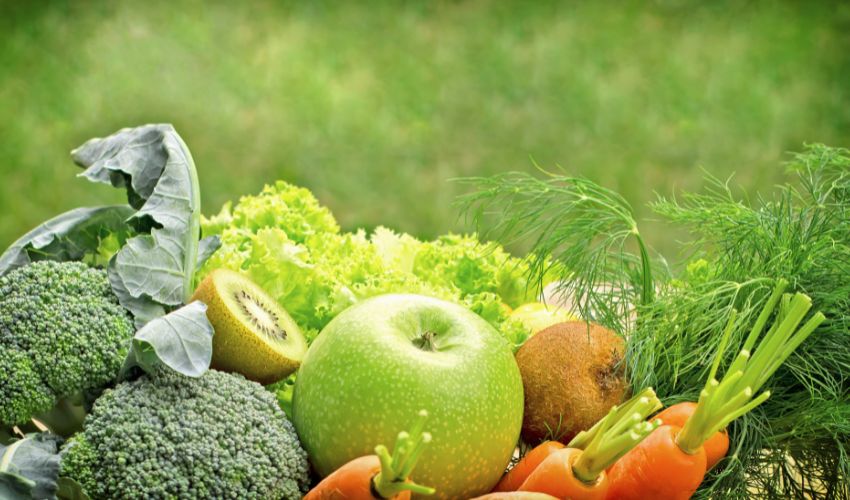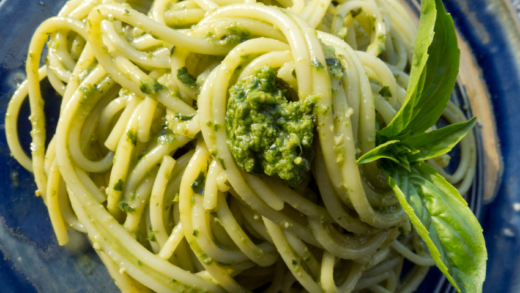Vegetarianism has become increasingly popular in recent years due to its numerous health benefits and the ethical concerns surrounding meat consumption. A well-planned vegetarian diet can provide all the necessary nutrients required for a healthy lifestyle, including protein, iron, calcium, and vitamins. However, some people still believe that vegetarian foods are limited in variety and taste, which is far from the truth. In this article, we will explore the vast and diverse world of vegetarian foods and their benefits for a healthy lifestyle.
Whole Grains
Whole grains are a vital component of a healthy vegetarian diet, providing fiber, protein, and essential nutrients. Some of the best options for vegetarian foods in this category include:
- Brown rice: a great source of complex carbohydrates and fiber
- Quinoa: a high-protein grain that is also gluten-free
- Barley: a nutritious grain that helps in reducing cholesterol levels and improving digestion
- Oats: a rich source of fiber, protein, and essential minerals such as iron and zinc.
Plant-Based Proteins
Protein is an essential nutrient that plays a critical role in building and repairing tissues. While meat is a rich source of protein, there are plenty of vegetarian foods that can provide this nutrient. Some of the best options for plant-based protein include:
- Lentils: a great source of protein, iron, and fiber
- Chickpeas: a versatile ingredient that is also high in fiber and iron
- Tofu: a soy-based protein that is low in fat and calories and high in calcium
- Beans: a nutrient-dense food that is also high in fiber, potassium, and folate.
Vegetables and Fruits
Vegetables and fruits are a rich source of essential vitamins, minerals, and antioxidants. Some of the best options for vegetarian foods in this category include:
- Leafy greens: rich in iron, calcium, and vitamin K, leafy greens such as spinach, kale, and collard greens are a great addition to any vegetarian diet
- Berries: a great source of antioxidants and vitamin C, berries such as blueberries, strawberries, and raspberries are perfect for snacking or adding to smoothies
- Cruciferous vegetables: broccoli, cauliflower, and Brussels sprouts are rich in vitamins and minerals, and are also known to have cancer-fighting properties
- Sweet potatoes: a rich source of fiber, vitamins A and C, and potassium, sweet potatoes are a nutritious and delicious addition to any vegetarian meal.

Benefits of a Vegetarian Diet
A vegetarian diet has numerous health benefits, including:
- Lower risk of heart disease and stroke
- Lower risk of certain types of cancer
- Better weight management and lower risk of obesity
- Lower risk of type 2 diabetes.
Tips for a Healthy Vegetarian Diet
To ensure that you are getting all the necessary nutrients from a vegetarian diet, follow these tips:
- Choose a variety of whole grains, vegetables, and fruits
- Include plant-based protein sources such as beans, lentils, tofu, and nuts
- Incorporate healthy fats such as avocado, olive oil, and nuts
- Ensure that you are getting enough vitamin B12 and iron through supplements or fortified foods.
FAQs:
Is a vegetarian diet suitable for athletes and bodybuilders?
Yes, a well-planned vegetarian diet can provide all the necessary nutrients required for athletes and bodybuilders, including protein, iron, calcium, and vitamins. Plant-based protein sources such as beans, lentils, and tofu are great options for athletes and bodybuilders, and supplements can also be used to ensure adequate intake of certain nutrients.
Can a vegetarian diet help with weight loss?
Yes, a vegetarian diet can help with weight loss as it is typically lower in calories and saturated fat than a diet that includes meat. However, it is important to make sure that the diet is still balanced and provides all necessary nutrients.
Are there any potential nutrient deficiencies in a vegetarian diet?
Yes, there is a risk of nutrient deficiencies in a vegetarian diet if it is not well-planned. Some nutrients that may be lacking in a vegetarian diet include vitamin B12, iron, calcium, and zinc. It is important to make sure to include sources of these nutrients in the diet or take supplements if needed.
Can a vegetarian diet be expensive?
It depends on the types of foods you choose. Some vegetarian foods, such as fresh produce, can be expensive, but there are also many affordable options such as beans, lentils, and whole grains. Planning meals and buying in bulk can also help to reduce costs.

Are there any ethical concerns surrounding vegetarianism?
Many people choose a vegetarian diet for ethical reasons, such as concerns about animal welfare and the environmental impact of meat production. However, it is important to make sure that the diet is still balanced and provides all necessary nutrients.
Conclusion:
In conclusion, vegetarian foods are diverse, delicious, and nutritious, and can provide all the necessary nutrients required for a healthy lifestyle. Whole grains, plant-based proteins, vegetables, and fruits are just a few of the many options available to vegetarians. By following a few simple tips and making sure to include a variety of foods, a vegetarian diet can provide numerous health benefits and help to reduce the risk of chronic diseases.






















